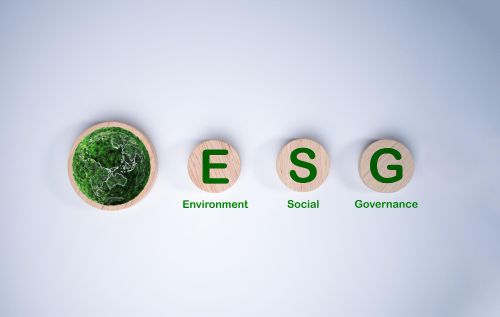University of Wolverhampton Launches £11m Drive to Cut Carbon Emissions


Cut through the green tape
We don't push agendas. At Net Zero Compare, we cut through the hype and fear to deliver the straightforward facts you need for making informed decisions on green products and services. Whether motivated by compliance, customer demands, or a real passion for the environment, you’re welcome here. We provide reliable information—why you seek it is not our concern.
The University of Wolverhampton has announced an £11 million decarbonisation initiative aimed at cutting its carbon emissions by over 1,000 tonnes annually. Focused on the university’s Walsall campus, the project will involve the installation of solar panels, heat pumps, and a low-carbon heat network to replace ageing gas-fired boilers. These changes are expected to significantly reduce reliance on fossil fuels, with air-source heat pumps providing both heating and chilled water—eliminating the need for energy-intensive chillers during warmer months.
Dr Pete Cross, the university’s chief financial officer, hailed the project as a major step towards sustainability, highlighting its role within a broader commitment to environmental responsibility. As part of the initiative, a “living lab” will be established to enable student research and inform staff through evidence-based findings. Vital Energi, the university’s partner on the scheme, said the improvements mark a significant stride toward full heat decarbonization.
Wolverhampton is among 182 UK higher education institutions involved in the Race to Zero campaign targeting carbon neutrality by 2050, part of a global pledge involving over 1,000 universities. Despite this ambition, the higher education sector remains a notable carbon emitter, with UK universities producing 1.4 million tonnes of CO₂ in 2021–22. While progress is being made, experts warn that efforts across the sector remain uneven and risk falling short of climate goals. Installation work is expected to conclude by March 2026.
Sources: bbc.com, unlocknetzero.co.uk

More related content

New €87 Million Scheme Backs Green Hydrogen Projects in Former Germ...

California's Updated Clean Fuel Standards Set to Take Effect

European Supervisors Seek Public Input on ESG Stress Testing Guidel...
